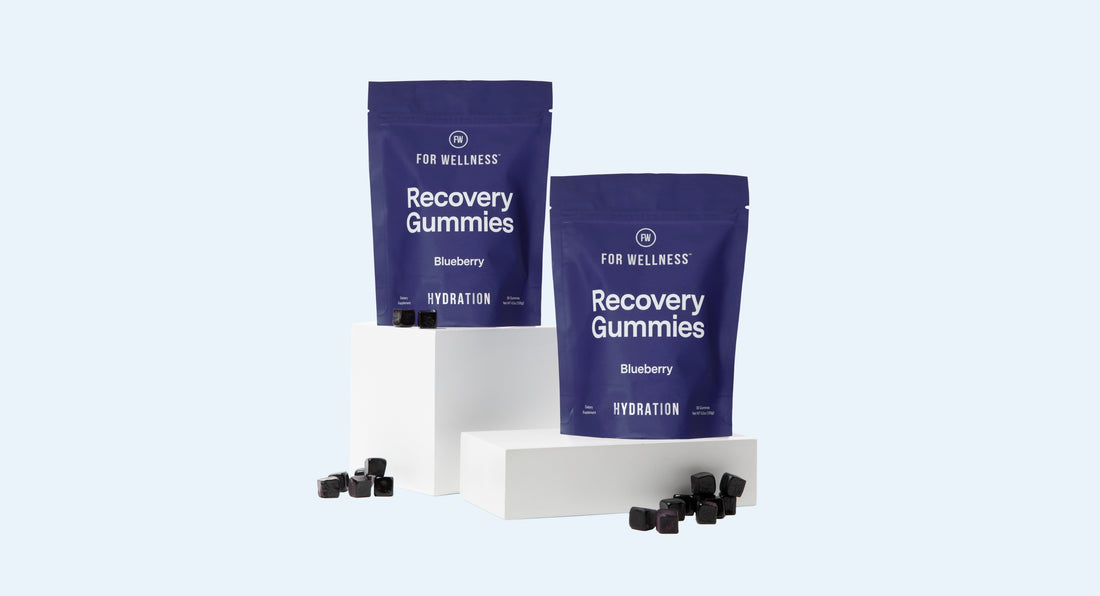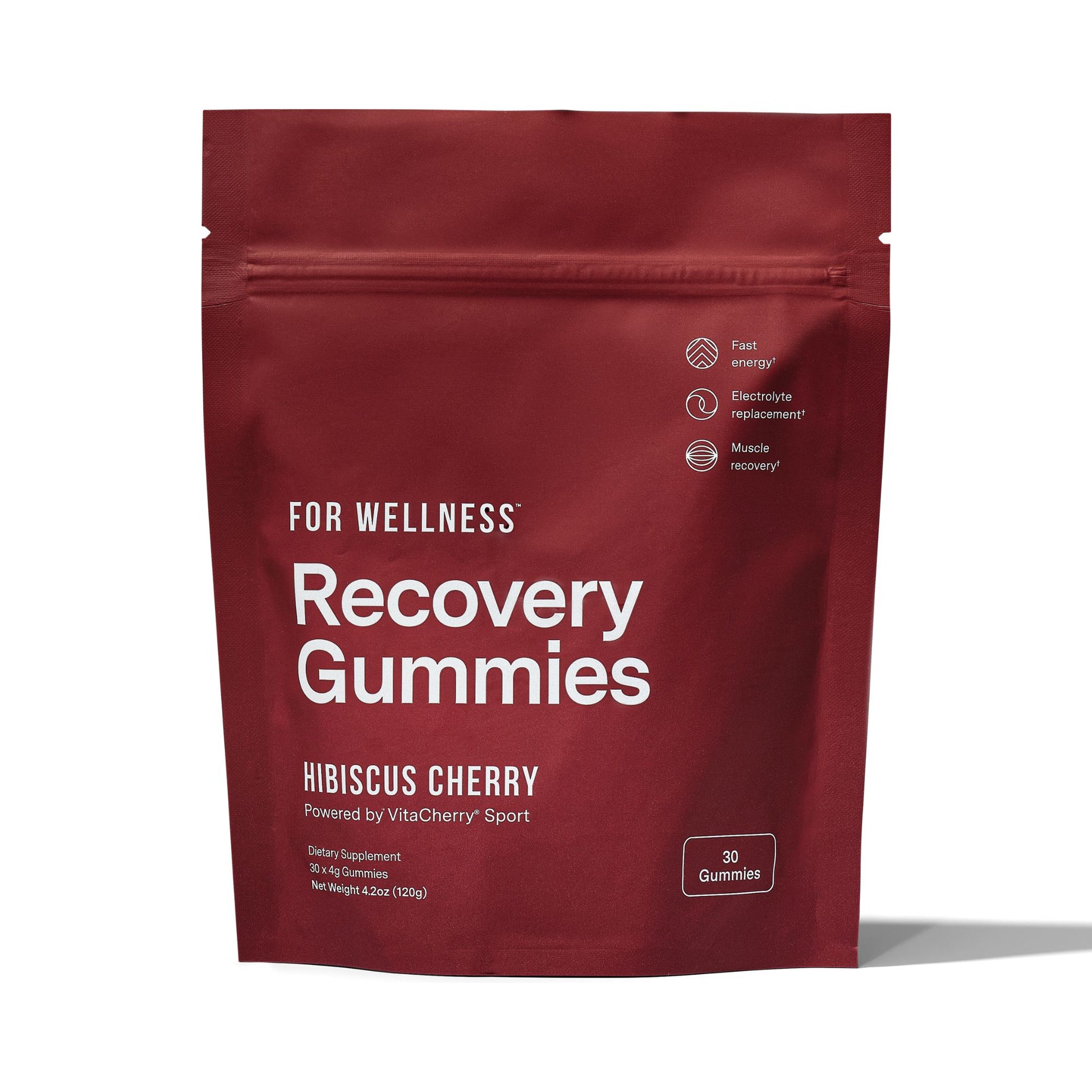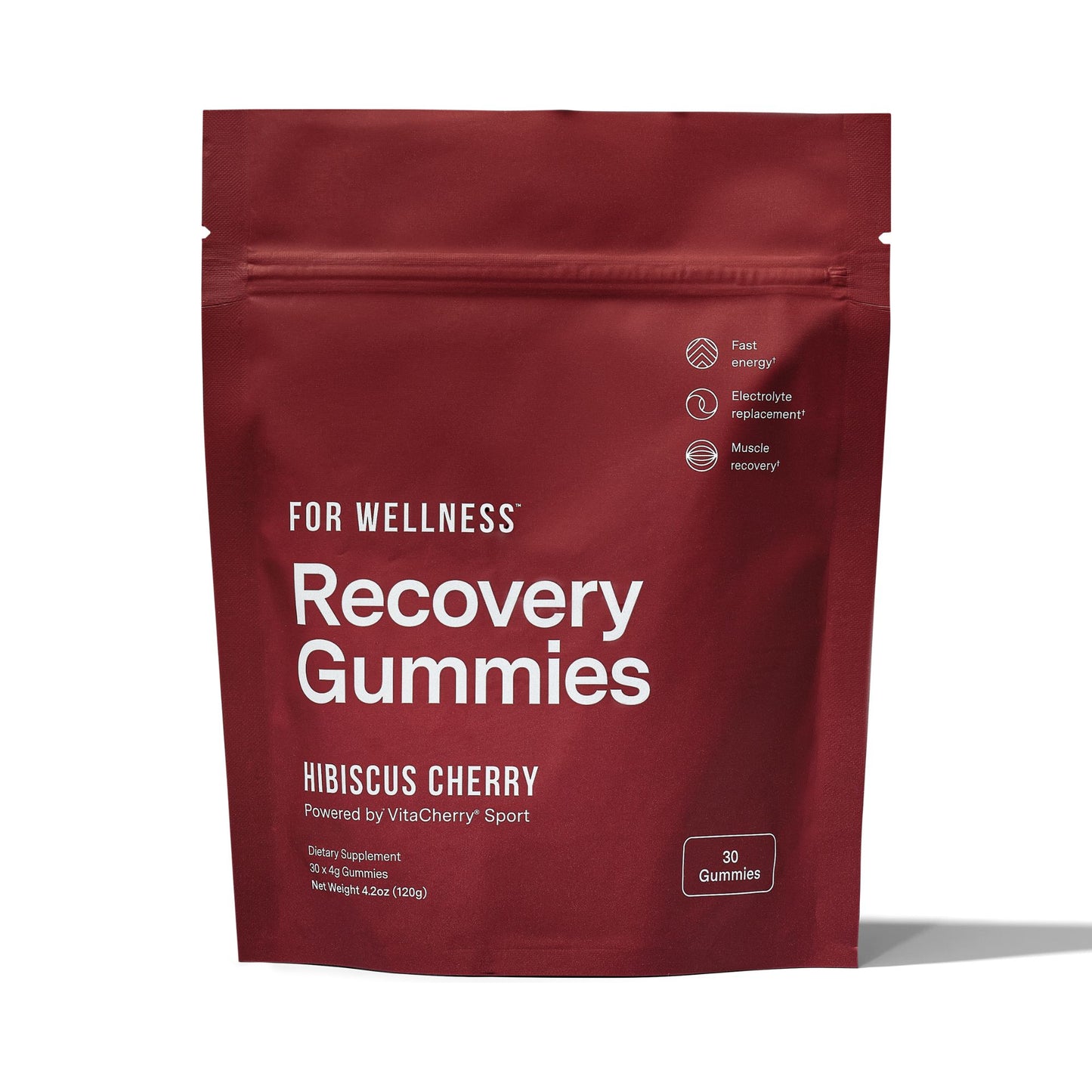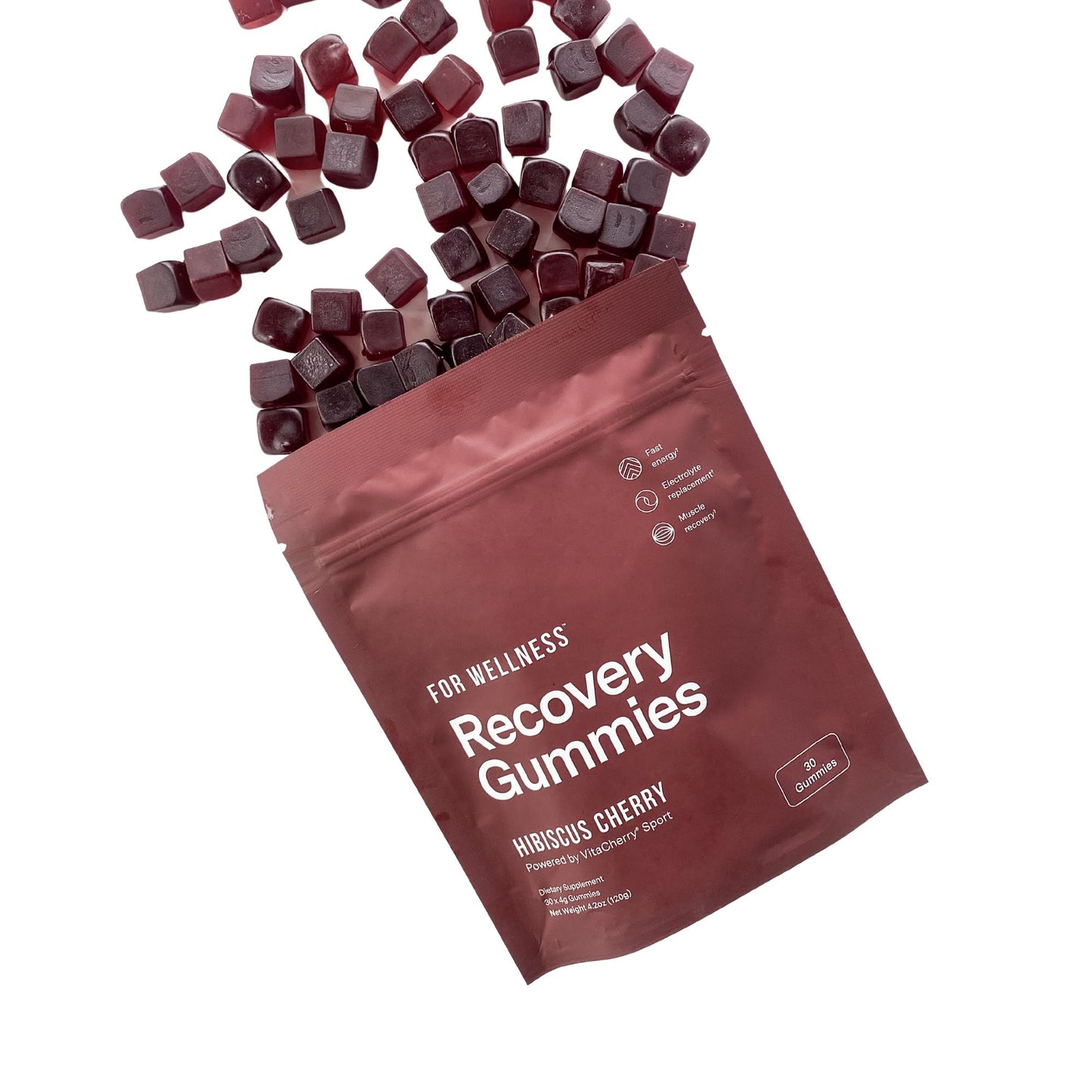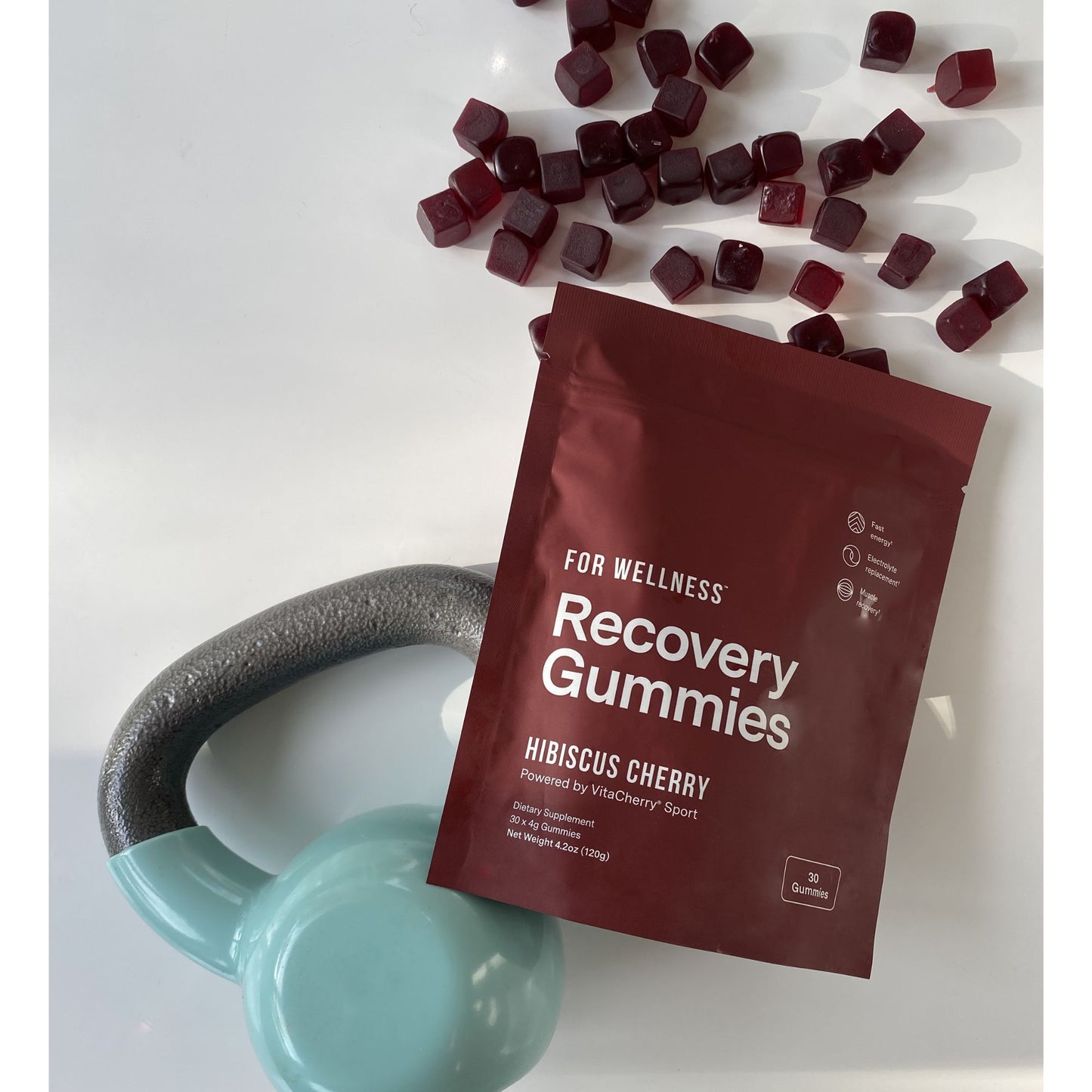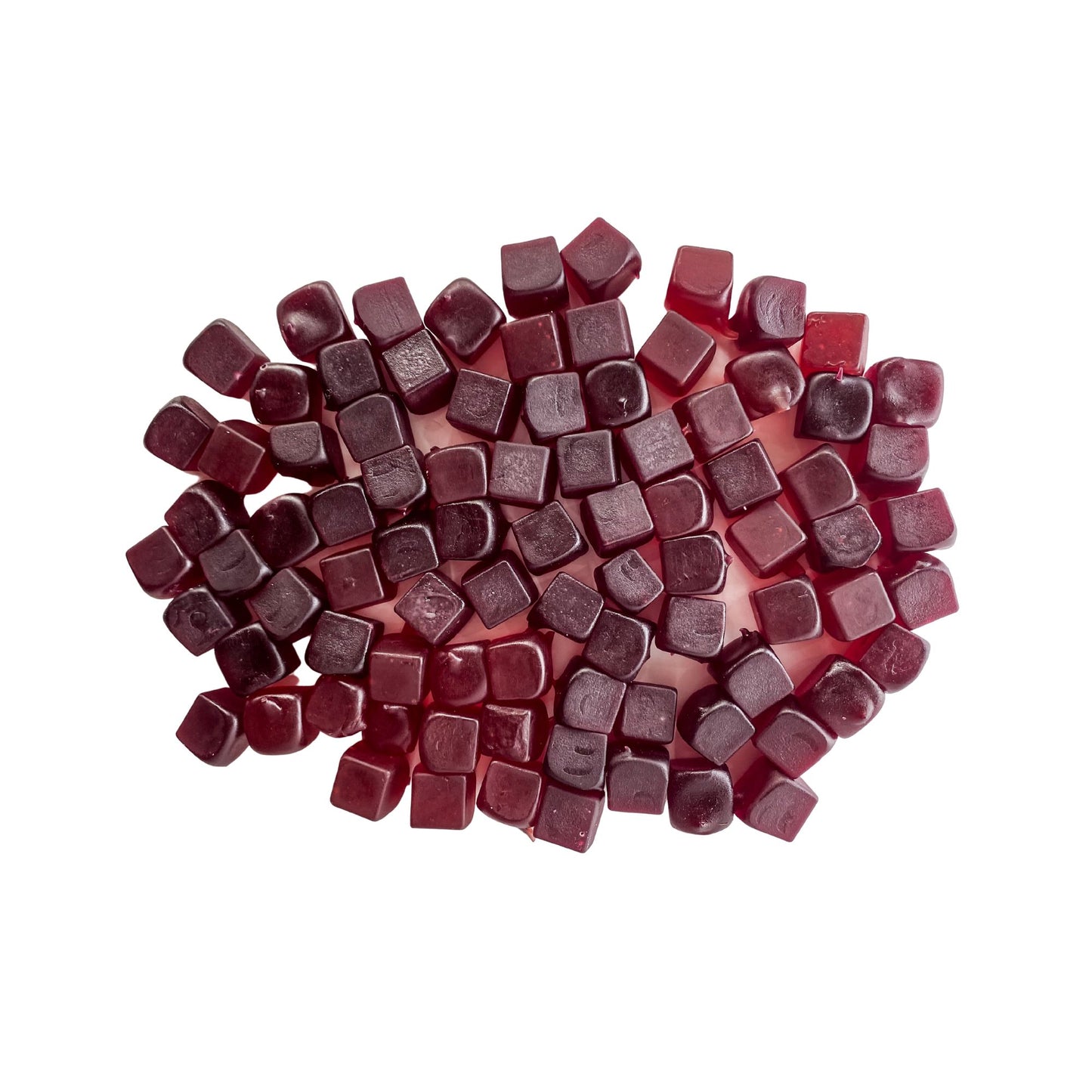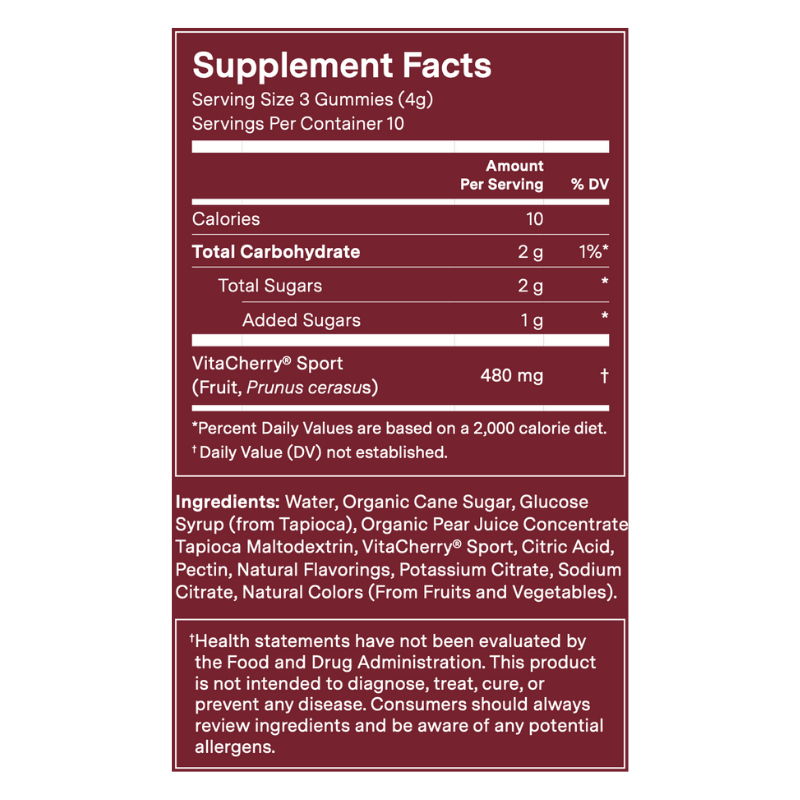We’re often reminded of the vital importance of hydration. But here’s the thing: hydration isn’t just about drinking enough water. It’s also about getting enough electrolytes, like magnesium, potassium, and sodium. These minerals unlock the body’s ability to stay hydrated and perform at its peak.
Don’t get us wrong, drinking enough water is essential. But, without adequate electrolyte consumption, the water you consume may pass through your system without fully hydrating your cells. So, let’s go beyond the commonplace advice to “drink more water” and explore why it’s the dynamic duo of hydration plus electrolytes that truly hydrates your body.
Why Is Hydration Important?
Hydration refers to maintaining adequate fluid levels within your body to support optimal physiological function. What kind of fluids? Water, mostly. Your body contains more water than anything else, accounting for roughly 60% of your total body weight. Water is needed for the proper functioning of every cell, tissue, and organ in your body, enabling them to perform vital tasks, here's how:
Transportation of Nutrients and Oxygen
Adequate hydration is crucial for the effective transport of nutrients and oxygen throughout the body. Blood, which is mostly water, serves as the medium through which these vital substances travel.
📦When adequately hydrated, blood volume remains sufficient to deliver nutrients and oxygen to tissues, ensuring optimal function and performance.
Regulation of Body Temperature
Hydration is key to regulating body temperature. When you become overheated, either through physical exertion or exposure to high temperatures, the body relies on sweat to cool itself down.
💦However, to produce sweat efficiently, adequate hydration is vital. Water facilitates the sweating process, allowing the body to release heat and maintain a stable internal temperature.
Cognitive Function and Mental Clarity
The brain is highly sensitive to changes in hydration status. Even mild dehydration—as little as 2% fluid loss—can impair cognitive function. For example, one study involving young men found that fluid loss of 1.6% impaired working memory and mood, and increased feelings of anxiety and fatigue.
🧠Adequate hydration just might be your missing key to optimal brain performance!
Physical Performance and Endurance
Mild dehydration—as little as 1-2% fluid loss—can have a noticeable effect on your physical performance. However, it’s common for athletes to lose 6-10% of body weight through sweat. Yikes!
This water loss can disrupt body temperature regulation, decrease motivation, and amplify feelings of fatigue, making exercise feel like a real slog, physically and mentally. Optimal hydration has been shown to mitigate these adverse effects, plus lubricate and cushion your joints for smoother movement.
🏃🏽♂️Bottom line: if you engage in physical activity and tend to work up a good sweat, staying hydrated can help you perform at your best.
Digestive Health and Detoxification
Hydration plays a crucial role in supporting digestive health and facilitating the body’s natural detoxification processes.
🍽Water aids in the breakdown and absorption of nutrients in the digestive tract and promotes regular bowel movements. Additionally, adequate hydration supports your kidneys, which are responsible for flushing toxins and waste from the body.
Skin Health and Appearance
The skin is the body’s largest organ and relies on adequate hydration to maintain its elasticity, suppleness, and overall appearance. Dehydration can lead to dryness, flakiness, and premature aging of the skin.
💁♀️By staying properly hydrated, you can promote skin health and achieve a radiant complexion.
What Are Electrolytes and Why Are They Important for Hydration?
Electrolytes are minerals that carry an electric charge when dissolved in water. They’re invisible powerhouses, playing a crucial role in many physiological functions. Three of the most crucial electrolytes include:
- Sodium: Plays a critical role in regulating fluid balance (aka hydration) within the body, maintaining blood pressure, transmitting nerve impulses, and supporting muscle function.
- Potassium: Essential for maintaining proper fluid balance, regulating muscle contractions (including the heartbeat), supporting nerve function, and promoting healthy blood pressure levels.
- Magnesium: Involved in over 300 enzymatic reactions in the body, including energy production, muscle and nerve function, blood pressure regulation, protein synthesis, and bone health. Magnesium also plays a role in hydration by regulating the movement of water in and out of cells.
Simply put, your body would struggle to stay hydrated without electrolytes. Electrolytes help regulate the balance of fluids inside and outside cells and are essential for facilitating the absorption and retention of water. Without electrolytes, the water you consume would pass through your system without effectively hydrating your cells, leading to imbalances and dehydration-related issues.
Yes, You Can Drink Too Much Water
While getting enough fluids is important, drinking large amounts of water can do more harm than good. When you drink more water than your kidneys can excrete, the excess water dilutes the concentration of electrolytes in your blood, particularly sodium. As a result, the delicate balance of electrolytes necessary for proper cellular function is disrupted.
This is actually quite common in athletes, who tend to guzzle plain water without replenishing electrolytes. Overhydrating with water can lead to a condition called exercise-associated hyponatremia (EAH), which occurs when the body has too much water relative to its salt level. This is a serious condition that can cause symptoms ranging from nausea and vomiting to seizures and coma.
The best approach is to listen to your body’s thirst cues rather than adhering to arbitrary guidelines, such as drinking eight glasses of water a day, and be sure to replenish those electrolytes, too. (More on this shortly). The amount of water you need can vary based on factors such as:
- Age (older adults tend to get more easily dehydrated)
- Climate (hot weather can increase your fluid and electrolyte needs)
- Activity level (high-intensity exercise means more water and electrolyte loss through sweat)
- Individual differences in sweat rate (some people naturally sweat more than others)
- Diet (some diets have lower water content than others, most people get about 20% of their daily water intake from their diet)
How to Get Adequate Electrolytes
Like water, electrolytes are lost daily through sweat and urine and must be replaced. Here’s how to replenish those vital electrolytes:
Dietary Sources
One of the most natural ways to replenish electrolytes is through your diet. Many foods are rich in electrolytes, making it easy to incorporate them into your meals and snacks. For example:
- Potassium: Bananas, sweet potatoes, spinach, avocado, and yogurt are excellent sources of potassium.
- Sodium: Don’t be afraid to salt your food, especially if you eat a whole-food diet, which is generally low in sodium. Sodium is also found naturally in foods like celery, beets, and carrots.
- Magnesium: Nuts, seeds, leafy greens, whole grains, and legumes are all good sources of magnesium.
Supplements
If you struggle to get enough electrolytes from your diet alone, supplements can help fill the gaps. Electrolyte supplements come in various forms, including tablets, powders, and liquid concentrates.
At For Wellness, we wanted to create a convenient, delicious option for people looking to boost their electrolyte intake. That’s why we created our new Recovery Gummies™ Hydration. They contain the top three essential electrolytes—sodium, potassium, and magnesium—and are infused with 100% pure blueberry extract made from USA-grown blueberries.
Each gummy is crafted to deliver a precise blend of electrolytes to help you maintain optimal hydration levels throughout the day.
Bonus: Benefits of Blueberries
Blueberries aren’t just a tasty addition to our Hydration Gummies—they also offer a host of health benefits. This tiny fruit is packed with antioxidants, vitamins, and minerals that contribute to many potential health benefits, a few of which include:
- Reduced DNA damage: DNA damage is one of the reasons we age. It also contributes to the development of diseases like cancer. Blueberries have one of the highest antioxidant levels of all foods. Research suggests the antioxidants in blueberries can help neutralize some of the free radicals that cause DNA damage.
- Improved heart health: Blueberries are rich in anthocyanins, compounds that have been linked to reduced risk factors for heart disease, such as lower blood pressure and improved cholesterol levels. In one study involving 93,600 nurses, those with the highest intake of anthocyanins had a 32% lower risk of heart attacks compared to those with the lowest intake.
- Improved brain function: Studies indicate that the antioxidants found in blueberries may have the potential to enhance cognitive function and safeguard against age-related deterioration in brain health.
- Reduced muscle soreness: Intense physical activity often results in sore, fatigued muscles due to localized inflammation and oxidative stress within the muscle tissue. Incorporating blueberry supplements into your regimen may mitigate the damage, thereby reducing soreness and enhancing muscle performance.
Hydrate for Your Health
Let’s wrap up with a review of the key takeaways:
- Good hydration isn’t just about water; it’s also about replenishing essential electrolytes like sodium, potassium, and magnesium.
- Electrolytes support virtually every system and function within the human body, including regulating body temperature, maintaining fluid balance (aka hydration), and sustaining physical performance.
- You can get electrolytes from dietary sources, electrolyte-rich beverages, and convenient supplements like For Wellness’ Blueberry Hydration Gummies.
- Listen to your body’s cues and drink to thirst.
By prioritizing hydration and electrolyte balance, you can unlock your body’s full potential and thrive in mind and body.
Written by Katie Koschalk, a health and wellness writer, certified holistic nutritionist, and certified personal trainer based in California.

